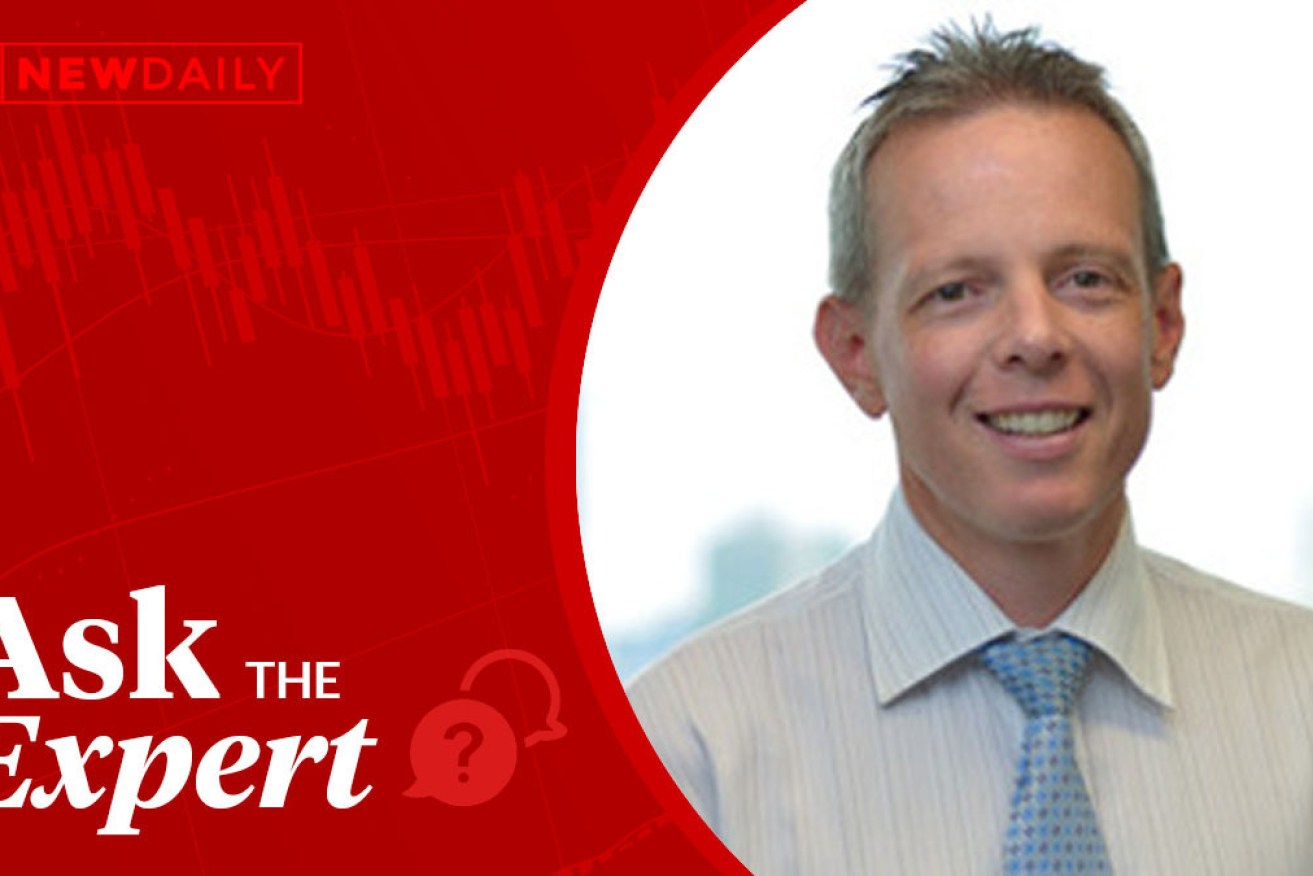Ask the Expert: Paying property tax and investing when you have no plans


Licensed financial adviser Craig Sankey answers your burning finance questions. Photo: TND
Question: I signed a contract in July 2015 to buy an apartment off the plan at Wollongong, NSW.
At that time I owned another apartment that I was living in, but sold it in order to pay for the new apartment, which was settled on August 21, 2017. This is the only property that I own.
During all of that time, my intention was for me to live in this new apartment. However, my personal circumstances changed and I ended up living in Sydney in a rented apartment and renting the Wollongong apartment which I have never lived in.
If I was to sell my apartment, am I still liable to pay Capital Gains Tax even though it is my only property?
I would like to know if I will have to pay CGT, should I sell my apartment, and if there are ways I can avoid that.
Answer: A ‘main residence’ is exempt from Capital Gains Tax (CGT).
To be considered a main residence the ATO website states: “Your ‘main residence’ (your home) is generally exempt from capital gains tax (CGT). To get the exemption, the property must have a dwelling on it and you must have lived in it.”
The mere intention to live in the property, but then not doing so, will generally not exempt you from capital gains tax. That means you will pay tax on the profit (capital gain) you make when you sell your Wollongong property.
The capital gain is the difference between what it cost you to acquire (and maintain) the property and the amount you sell it for.
If you did move into this property, you may be entitled to some capital gains tax exemptions for the period – or percentage of period – that you lived in that property as your home.
However, if this did become your main residence, then you could no longer claim tax deductions such as depreciation and interest costs.
I would suggest speaking to an accountant or your preferred tax adviser to receive specific tax advice.
Question: I am a 30-year-old earning $80,000 a year and saving $1000 a fortnight at the moment. I put $800 a fortnight into a high-interest savings account (1.65% p.a.) and $100 a week into the Vanguard LifeStrategy Balanced Fund.
I opened the Vanguard account in January with a $5000 deposit. I have $40,000 in the savings account, and $9000 in the Vanguard fund, but only $8000 in super, as I was born overseas and have only been working in Australia for three years.
Could I put the $1000 in fortnightly savings to better use? Should I consider investing it in different assets? If so, which ones? Or should I invest some of it in super, via pre-tax contributions?
At the moment, I prefer investing in Vanguard over super, as I don’t know what my future holds and like retaining access to the money. And what makes things confusing is that I have no specific goals at the moment, which is where most financial advice articles begin.
I want to maximise my long-term wealth but have no plans.
Answer: Firstly, you are correct in that most financial advice articles start by asking the reader to determine and prioritise their goals, as this plays a large part in determining what strategies and investments are appropriate.
For example, if you have short-term goals then saving into the high-interest savings account should be prioritised.
If you have a medium-to-long-term goal, then the Vanguard Balanced Fund may be the way to go, or if building funds for retirement, then investing via super would make sense.
Secondly, and on a very positive note, congratulations on your disciplined savings strategy. Even though you may not have definitive goals currently, by allocating funds across different accounts with different investment objectives and timeframes, you’re at least hedging your bets.
Your current strategy will mean that you have more financial options and freedom once you do set some goals.
In relation to your current investments and strategy, some general comments:
- As your financial goals are currently not set, allocating the majority of your funds to a high-yield savings account, which has easy access and won’t suffer a loss, is a prudent strategy that can be maintained until you have firm plans for the funds
- Vanguard is a large, well-rated and low-cost fund manager. The Balanced fund, as the name suggests, provides a good level of diversification across all the major asset classes. So long as you are prepared to accept some capital volatility and have an investment time frame of three to five years, then you could continue allocating a small amount to this fund each fortnight. I note that Vanguard has recently released their ‘Personal Investor’ platform, through which you may be able to access the wholesale version of the same fund but at a lower cost
- Salary sacrificing into superannuation would provide you with some tax savings, and the funds would then also be invested in a low-tax environment. However, as you would not be able to access the funds for a minimum of 30 years, you may not want to invest additional funds into super until you are clear on your long term financial goals.
I suggest speaking with a financial planner or financial coach who can sit down and help you work out and prioritise your long-term goals.
Got a question for Craig? Submit one here.








